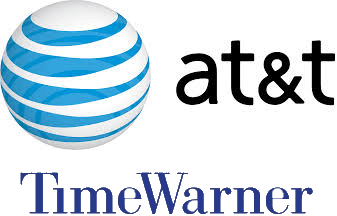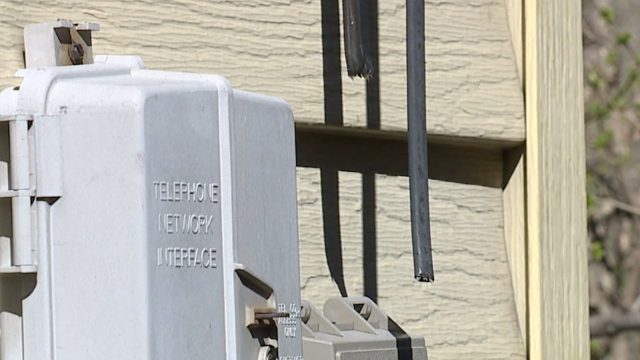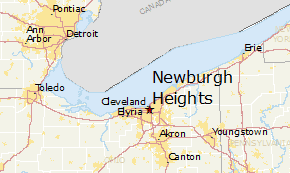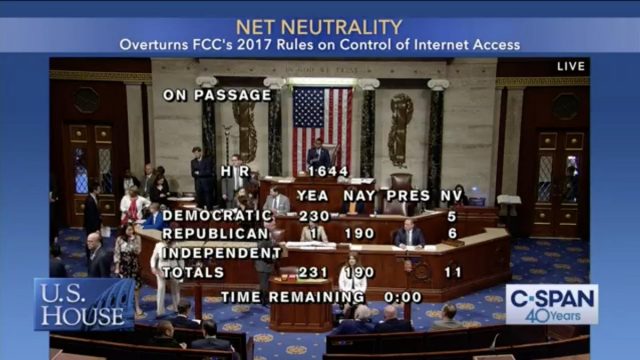
Google’s fiber cables were buried at little as two inches deep in Louisville. Many have resurfaced, as this reporter from WDRB-TV showed in a recent report.
Google Fiber will pay $3.84 million to the city of Louisville to restore roads and damaged public rights-of-way as Google Fiber exits the Louisville market.
Installment payments made over the next 20 months will be spent on:
- Removing fiber cables and sealant from roads
- Milling and paving activities where needed
- Removal of above-ground infrastructure
“Infrastructure in neighborhoods and public properties affected by Google Fiber will look as good or better than they did before the company began construction, just as our franchise agreement stipulated,” said Grace Simrall, the city’s chief of civic innovation & technology.
In addition, Google Fiber is making a $150,000 cash donation to the Community Foundation of Louisville’s Digital Inclusion Fund to support the community’s digital inclusion efforts, which include refurbishing used computers for low-income individuals and the enrollment of public housing residents in low-cost internet access through other companies providing service in Louisville. The company is also planning to make a donation of 275 refurbished computers to the Louisville Metro Housing Authority.
Last summer, Google Fiber discovered its newest underground installation method of “shallow trenching” — laying optical fiber cable just two inches below ground along the sides of roadways and covered with sealant — was ineffective. In short order, the sealant rose above the surface, often exposing fiber cables to damage from the freeze-thaw cycle, road maintenance crews, plows, or just ordinary traffic. An effort to remove and replace the sealant with ordinary asphalt and re-bury the cables appeared to fail as well. That left Google Fiber with a choice between replacing all of its fiber infrastructure, or deciding to give up and leave. It announced the latter in February, and Google Fiber was officially switched off at 11:59pm on April 15.
Simrall suggests it isn’t all bad news.
“It’s clear that Google Fiber’s presence in Louisville led other providers to step up and increase investment in Louisville, and that was good news for consumers everywhere,” Simrall said. “Moreover, we appreciate Google Fiber’s donation to our digital inclusion work, because improving equity in access to technology and digital skills is essential for Louisville’s economy today and tomorrow.”
WDRB-TV in Louisville reports former Google Fiber customers are angry about losing their internet service from the fiber provider. (2:15)
WHAS-TV in Louisville talked to residents concerned about whether the costs to repair the roads damaged by Google Fiber will be adequately covered. (1:57)


 Subscribe
Subscribe Justice Department staffers have told T-Mobile and Sprint that their $26 billion merger is unlikely to win approval as presently structured, according to
Justice Department staffers have told T-Mobile and Sprint that their $26 billion merger is unlikely to win approval as presently structured, according to  (Reuters) – The White House has told two U.S. House Democrats it will not turn over documents that could show whether Republican President Donald Trump sought to intervene in the regulatory review of AT&T Inc’s $85 billion acquisition of Time Warner Inc.
(Reuters) – The White House has told two U.S. House Democrats it will not turn over documents that could show whether Republican President Donald Trump sought to intervene in the regulatory review of AT&T Inc’s $85 billion acquisition of Time Warner Inc.
 The cut cable was located at Griffin’s home where AT&T’s network interface box connected the overhead line with the home’s inside wiring. AT&T crews sought to replace the overhead drop line from the utility pole to Griffin’s home, which initially caused Quinones to object because the utility pole serving her home is behind his. After the dispute attracted coverage from Cleveland’s ABC affiliate, Quinones relented.
The cut cable was located at Griffin’s home where AT&T’s network interface box connected the overhead line with the home’s inside wiring. AT&T crews sought to replace the overhead drop line from the utility pole to Griffin’s home, which initially caused Quinones to object because the utility pole serving her home is behind his. After the dispute attracted coverage from Cleveland’s ABC affiliate, Quinones relented. The House on Wednesday approved a bill on a 232 to 190 vote along party lines to restore net neutrality protections first adopted in 2015, but repealed in 2018 by the Republican majority serving the Trump Administration’s Federal Communications Commission under the leadership of Chairman Ajit Pai.
The House on Wednesday approved a bill on a 232 to 190 vote along party lines to restore net neutrality protections first adopted in 2015, but repealed in 2018 by the Republican majority serving the Trump Administration’s Federal Communications Commission under the leadership of Chairman Ajit Pai.

